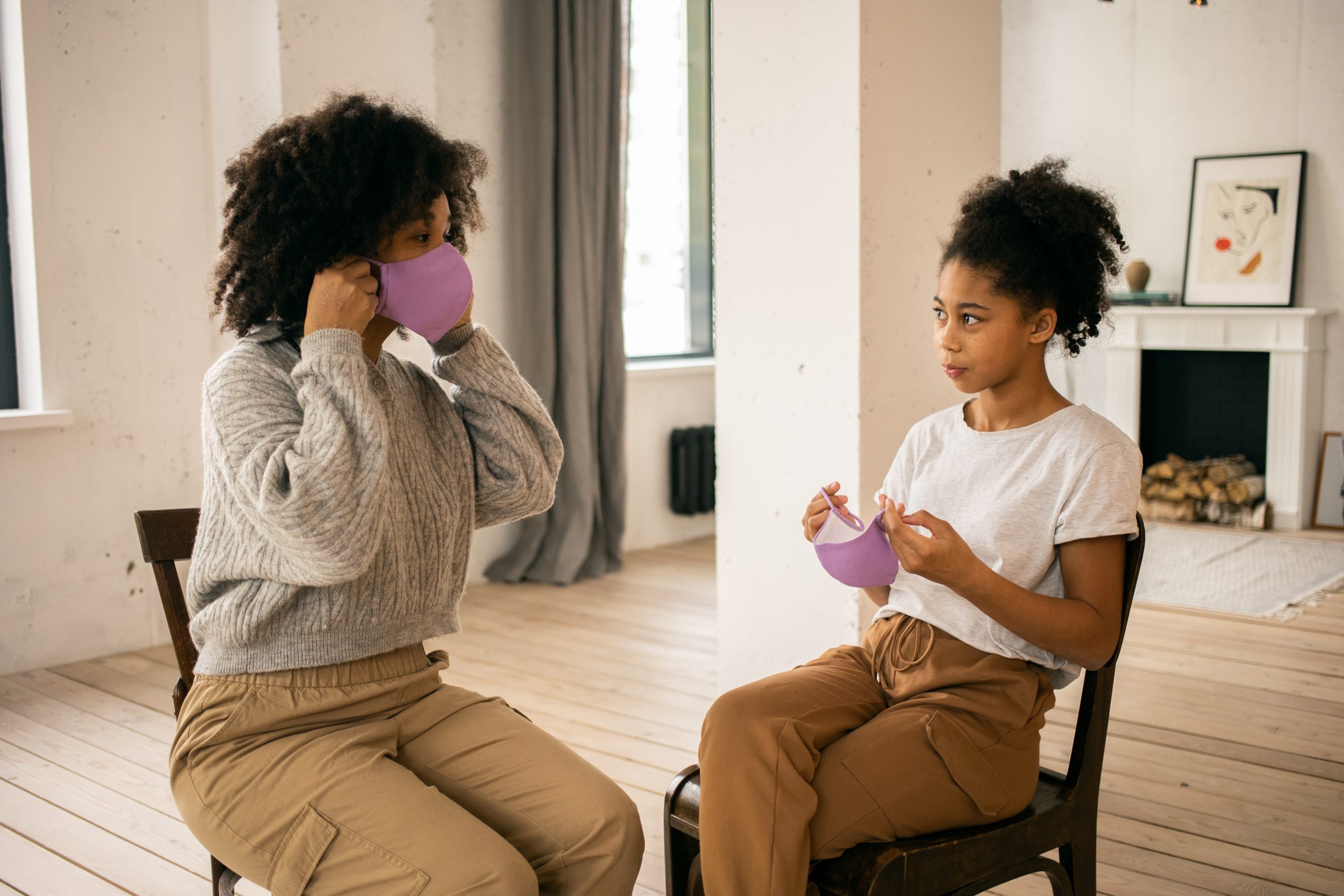the still waters mission:
To give African American women a safe space to discover and use their inner voice. We help women, married women, and stepmothers who are battling anxiety and depression take back the peace within their lives.
This past week, I noticed an increase in anxious responses to the coronavirus. While much of
what is going on in our local, state, and the federal government is for public safety, it is important
to have some tangible tools in place in this time of a global pandemic.
School closures, professional athletic teams suspending play, concerts canceled, and county
limits on the size of social, cultural, and worship gatherings. With daily updates on the spread
of the virus many of us rightfully so are anxious about what this means, how we should care
for our families, and the next steps.
Any time there is something that happens on a global scale such as this that is out of our
control it’s completely normal to be anxious, but I believe that it is important to take care of
yourself and do as many things as you can so that your anxiety doesn’t become
overwhelming for you. I wanted to share some tips to help manage any anxiety you might be
feeling.
- Give yourself some grace: If you are someone who struggles with health-related anxiety
when there isn’t health care crisis, you want to be gentle with yourself. If you’ve worked with
a therapist in the past, pull out some of the skills you learned and use them to help you
through this time. - Minimize your time on social media: There’s a lot of information about the virus online
right now, and if this is triggering for you, you may want to set limits around how much time
you spend online. Consider unfollowing certain accounts to limit the number of stories and or
articles that may pop up on your timelines. - Turn off the news and read the news instead: By turning off the news, you give yourself a
break from the constant looping of the same information. By choosing to read the news, you
get to pick a reputable source, and you get to decide how much information you want, and
when you want to stop reading. - Reach out to your community: Now is a great time to plug into and engage with your
support network of friends, family, church, or your therapist if you have one. If you have
concerns, or just need to vent, these support systems are a great way to unburden, and also
provide an opportunity for you to connect and to support others around you who may be
feeling the same way. - Focus on the basics: One way to help feel in control, is to focus on what you can control.
The basics are good hygiene, exercise, healthy eating, engaging in spiritual practices, keeping
your physical space clean and decluttered, and getting plenty of rest - Maintain healthy boundaries: This is important not only for you, but for the larger
community. Take this time of social distancing to care for yourself and your family. Refraining
from shaking hands, and keeping a safe distance is a healthy way to set and maintain a
boundary. This is a great time to practice mindfulness
https://www.mindful.org/what-is-mindfulness/ .
- Pay it forward: Often times helping someone else helps to take decrease anxiety. Giving
back to someone else is a great way to feel like you’re doing something that contributes to
the solution. With all of the school closures, is there a parent you can help by covering a day
of the cost of drop-in care if the parent still has to work? Can you pick up and drop off
essentials to a senior citizen, or someone who is disabled, just had surgery, or has just had a
baby?
During this time, I also encourage you to engage in spiritual practices that will replenish your
soul, spend time reconnecting with your family if you all are home together, and most
importantly be kind to yourself. Using the tips provided above, and others you may have
received will help decrease anxiety your feeling and help foster a sense of gratitude for life
over the next few weeks. Be safe, and be well.

Be the first to comment